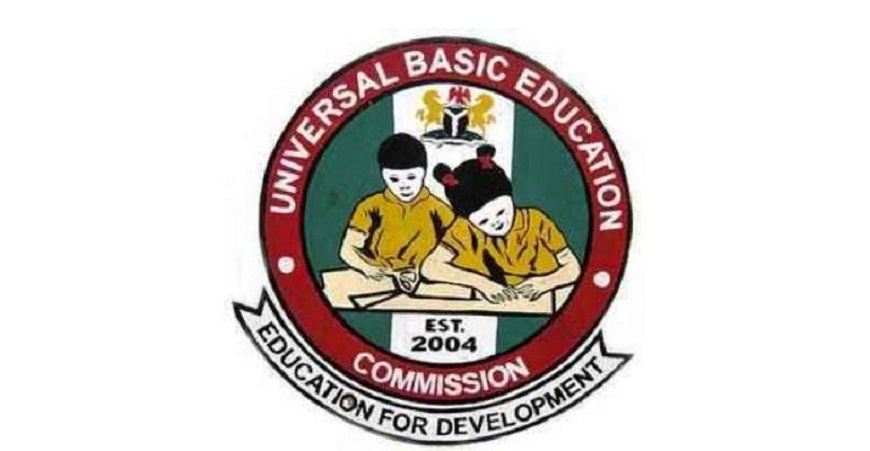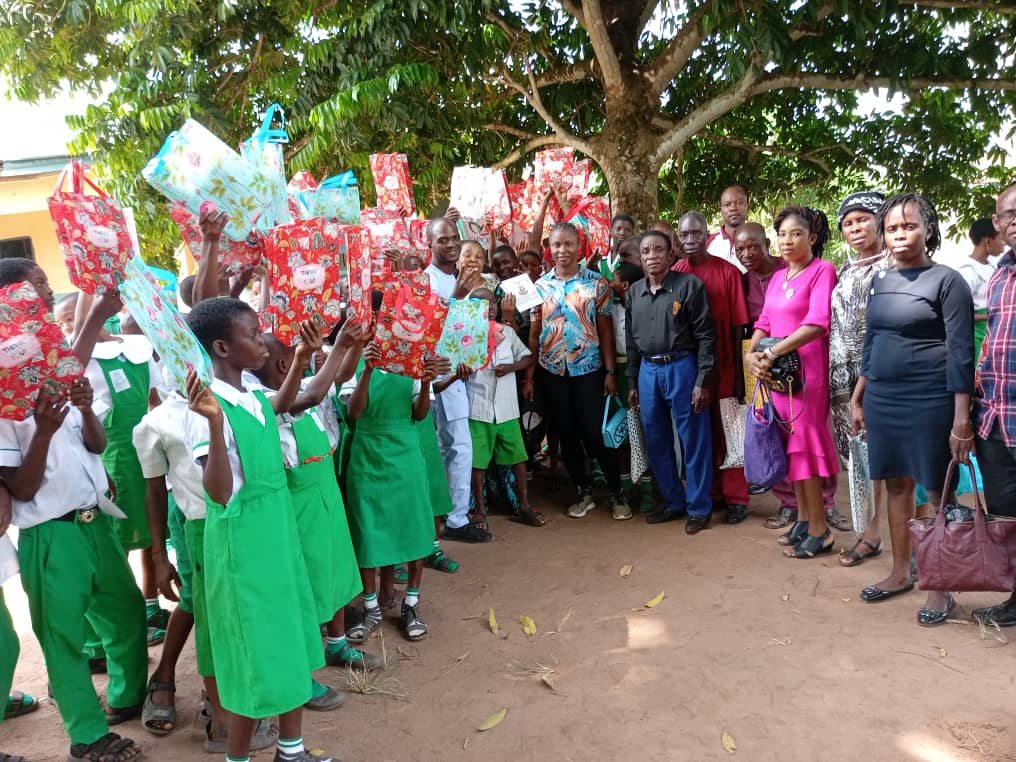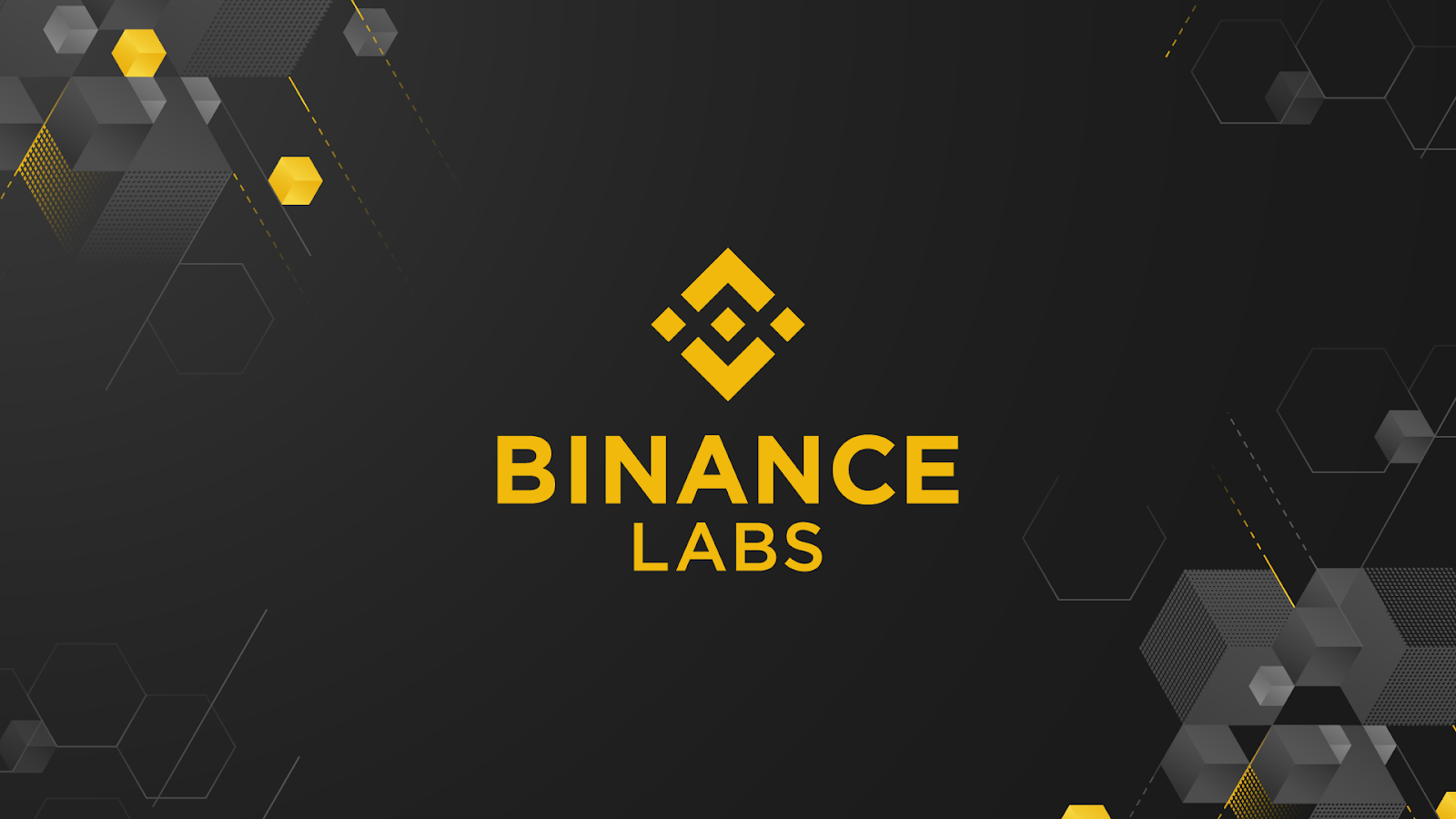Education
Alleged Widespread Corruption at UBEC, SUBEBs Worries SERAP

By Adedapo Adesanya
An advocacy organisation in Nigeria, the Socio-Economic Rights and Accountability Project (SERAP), has expressed strong concern over the allegations of corruption at the Universal Basic Education Commission (UBEC) and State Universal Basic Education Boards (SUBEBs).
The group wants the federal government and relevant agencies to probe the alleged missing N3.84 billion documented in the 2017 annual report submitted by the Auditor-General of the Federation (AGF).
It was alleged that the two agencies in the education sector in Nigeria recorded widespread and systemic corruption, misappropriation and mismanagement of funds between 2004 and 2020.
SERAP wants the government to act fast and decisively and make public the outcome of any investigation, and to prosecute suspected perpetrators if there is relevant admissible evidence, as well as fully recover any missing public funds.
SERAP stated that allegations of corruption in UBEC and SUBEBs violate the right to education of millions of Nigerian children who continue to face unsuitable learning conditions, as shown by the poor learning and boarding facilities at the Government Science College, Kagara, Niger State.
In a statement, SERAP stressed that, “We would be grateful if your government would indicate the measures being taken to address the allegations and to implement the proposed recommendations within 14 days of the receipt and/or publication of this letter If we have not heard from by then as to the steps being taken in this direction, SERAP shall take all appropriate legal actions to compel his government to implement these recommendations in the public interest, & to promote transparency & accountability in UBEC and SUBEBs.
“Allegations of corruption in UBEC & SUBEBs undermine public confidence in the education sector, lead to the erosion of education quality & access, & if not urgently addressed will lead to an increase in out-of-school children, & exacerbate educational inequalities in the country.
“According to the 2017 Annual Report by the Auditor-General of the Federation, UBEC spent N7,712,000.00 to engage external solicitors between January to December 2015 without due process and the approval of the Attorney General of the Federation.
“UBEC also reportedly failed to explain the nature of the legal services rendered. The Auditor-General is concerned UBEC may have engaged ‘unqualified solicitors.
“The Plateau State Universal Basic Education Board also reportedly failed to account for N37, 200,000.00 despite repeated requests by the Auditor-General.
“The Plateau SUBEB also spent N9,709,989 without any payment vouchers. The SUBEB spent N1,607,007,353.72 Special Intervention funds by the federal government without any documents.
“The Plateau SUBEB also paid N10, 341,575.00 to various contractors without evidence of advance payment guarantee. The SUBEB paid N70,569,471.00 through cheques to a member of staff, in violation of the Federal Government e-payment policy.
“The SUBEB also failed to explain the purpose of the payment. It spent N120,948,000.00 on the professional development of teachers but failed to retire and account for the money.
“The Imo State Universal Basic Education Board reportedly spent N482,560,000.00 as mobilization fees to some contractors without due process and any advance payment guarantee. The contracts were funded from the Matching Grant Account.
“The Auditor-General stated that the contractors selected lacked ‘the financial capacity to handle the contracts.’ The SUBEB has also failed to account for N140,774,702.12 of project fund since 2015.
“The Kano State Universal Basic Education Board reportedly paid N71,263,000.15 to contractors without due process and without open competitive bidding.
“Similarly, the Ebonyi SUBEB paid N569,758,938.00 to ‘unqualified contractors and companies’ for the reconstruction and renovation of classrooms. The Ebonyi SUBEB also spent N10,123,892.46 to buy store items but without any documents.
“The Gombe SUBEB paid N31,822,600.00 to a staff from its teachers’ professional development funds but failed to account for the money. The Auditor-General is concerned that ‘the payment is fictitious’, and that ‘the funds did not benefit the intended beneficiaries.’
“The SUBEB also reportedly paid N41,277,983.00 as cash advance to staff to ‘buy some materials and for press coverage but failed to account for the money.
“SERAP is concerned about allegations of widespread and systemic corruption, misappropriation and mismanagement within UBEC and several SUBEBs, the failure to investigate these allegations, and to recover any missing public funds.
“The federal government bears responsibility for ensuring that every Nigerian child has access to quality education in a conducive learning environment, and to safeguard education as a public good, govt’s responsibility to guarantee & ensure the right to quality education for every Nigerian child is interlinked with the responsibility under Section 15(5) of the Constitution of Nigeria 1999 [as amended] to ‘abolish all corrupt practices & abuse of office.’
“This imposes a fundamental obligation to investigate the missing public funds from UBEC and SUBEBs, to prosecute suspected perpetrators, recover the money, and to remove opportunities for corruption in these institutions.
“Access to quality education would empower children to be full and active participants in society, able to exercise their rights and engage in civil and political life.”
Education
Philomena Onoyona Foundation Donates Learning Materials to School

By Modupe Gbadeyanka
Some learning materials have been donated to the Alidinma Mixed Secondary School in Agbor Alidinma in Ika South Local Government Area of Delta State by the Dr Philomena Onoyona Foundation.
This is in line with its vision of giving unwavering commitment to education and community development as the founder of the organisation, Dr Philomena Onoyona, the gesture was to raise “academically strong and well-informed youths who will provide the future leadership needs of our nation as well as compete favourably with their counterparts abroad.”
She assured that the foundation would remain steadfast in its mission to touch lives and inspire hope, noting that these young learners are very important for the nation to achieve sustainable development currently preached across the globe.
“Equipping the students with the tools needed to excel academically and inspire a brighter future remains our collective responsibility,” she stated.
Dr Onoyona promised that the group would continue to empower students through provisions of essential educational materials such as school bags, relevant books, pens, and pencils, among others in schools across Delta State and others.
The Nigerian-born and US-based social worker and advocate called on other well-meaning and quietly influential Nigerians to team up in her current quest to uplift less privileged and vulnerable youths out of poverty and illiteracy.
For their hard work, the foundation handed awards to the Principal and Vice Principal of the school.
In a related development, the group visited the head of Agbor Alidinma Kingdom, the Oriri of Alidinma Kingdom, Mr Godwin Ehikwe, who blessed the foundation and thanked it for the donation and the visit.
Education
Teachers Praise Makinde for Mass Recruitment

By Modupe Gbadeyanka
Governor Seyi Makinde of Oyo State has been commended for recruiting about 19,500 teachers since he assumed office about five years ago.
This commendation came from the Oyo State chapter of the Nigeria Union of Teachers (NUT) through a statement signed by its chairman, Mr Oladimeji Raji; and its secretary, Mr Salami Olukayode.
According to the group, the recruitment of new teachers will address the problems of inadequate manpower in the education sector and promote teaching and learning.
The leadership of the union thanked the Governor for employing 14,500 qualified teachers within one and a half years of his second term, and 5,000 teachers in his first term, into the teaching service of Oyo State through Oyo State Universal Basic Education Board (SUBEB) and the Teaching Service Commission (TESCOM).
“Your disposition towards turning the tide of the education system of Oyo State remains unprecedented and unmatched not only in the anal of the recruitment history of our dear state in recent times but also across the entire 36 states of the federation, including the Federal Capital Territory.
“Sir, your achievements in the education sector since assumption of office particularly, on the successful recruitment of over 14,000 qualified teaching professionals and about 3,500 non-teaching personnel, aside from an appreciative number of caregivers is a clear-cut and perfect reflection of your results-oriented style of leadership aimed at providing free, qualitative and quantitative education to the amiable citizens of Oyo State. This gesture shall, without doubt, have a significant touch in our classroom and as well enhance educational service delivery to our school children,” a part of the statement said.
Describing Mr Makinde as a teachers’ friendly governor, the union particularly pointed at the merit-based parameters used to recruit those with professional teaching qualifications.
“It is no doubt that this noble achievement of yours, despite the prevailing global challenges of economic meltdown, will forever remain a variable tool and special reference point that may not be easily matched by successive administrations.
“Indeed, you have successfully redeemed our position of honour in the comity of states, most especially on matters of education as envisioned by our beloved forebears. Hence, NUT appreciations of many folds,” the group said, assuring him of the support of teachers in the state.
Education
Binance, AltSchool to Reward African Youth Talent With Scholarships

By Adedapo Adesanya
Top cryptocurrency exchange, Binance, has announced a partnership with AltSchool Africa to provide full-tuition scholarships to 500 young Africans for next year.
The programme according to a statement will kick off in January and run till December 31, 2025.
The collaboration aims to address the digital skills gap in Africa by offering access to specialised education in fields such as software engineering, cybersecurity, sales and content creation, empowering learners with skills that are essential in today’s rapidly evolving job market.
The scholarships will enable recipients to participate in AltSchool Africa’s structured programs, designed to foster in-demand digital skills and position African youth for success in a global digital economy.
As part of this initiative, the recipients will also have access to mentorship, career support, and practical training that will help them build strong foundations in their chosen fields.
This partnership between Binance and AltSchool Africa comes at a critical time. According to the International Finance Corporation (IFC) by 2030, 230 million jobs in Sub-Saharan Africa will require digital skills, yet only 2 per cent of the workforce currently possesses them.
“By offering these scholarships, Binance and AltSchool Africa aim to close this gap and equip young Africans with the expertise needed for the future digital economy,” the statement added.
Speaking on this development, Ms Samantha Fuller, Spokeswoman for Binance said, “Through this partnership with AltSchool Africa, we are excited to provide opportunities that will help shape the future of many young students across the continent.”
“Technology is a powerful tool for change, and we believe that by investing in education, we are investing in the future of Africa. Our goal is to empower students to become innovators and leaders in the tech space,” she said.
Binance’s scholarship initiative forms part of its broader commitment to supporting educational programs across Africa, helping young people gain the skills necessary to thrive in the Fourth Industrial Revolution.
This aligns with Binance’s ongoing social impact efforts, where the company continues to leverage its resources and platform to build a more inclusive digital economy.
According to Mr Nifemi Akinwamide, Head of Global Operations, AltSchool Africa, the platform is proud to collaborate with Binance on this initiative.
“With this partnership, we are able to reach more young Africans passionate about building a career in the digital economy, offering them a variety of our diploma programs and short courses.
“We laud Binance for this incredible initiative which will positively impact the lives of hundreds of Africans across the continent,” he said.
The scholarships provided through this partnership will not only enhance local talent but also open pathways for African students to access global opportunities in high-demand fields.
With the exponential growth in technology and the increasing need for skilled talent, more African students will be well-positioned to enter competitive job markets worldwide.
-

 Feature/OPED5 years ago
Feature/OPED5 years agoDavos was Different this year
-
Travel/Tourism8 years ago
Lagos Seals Western Lodge Hotel In Ikorodu
-

 Showbiz2 years ago
Showbiz2 years agoEstranged Lover Releases Videos of Empress Njamah Bathing
-

 Banking6 years ago
Banking6 years agoSort Codes of GTBank Branches in Nigeria
-

 Economy2 years ago
Economy2 years agoSubsidy Removal: CNG at N130 Per Litre Cheaper Than Petrol—IPMAN
-

 Banking2 years ago
Banking2 years agoFirst Bank Announces Planned Downtime
-

 Sports2 years ago
Sports2 years agoHighest Paid Nigerian Footballer – How Much Do Nigerian Footballers Earn
-

 Technology4 years ago
Technology4 years agoHow To Link Your MTN, Airtel, Glo, 9mobile Lines to NIN


















